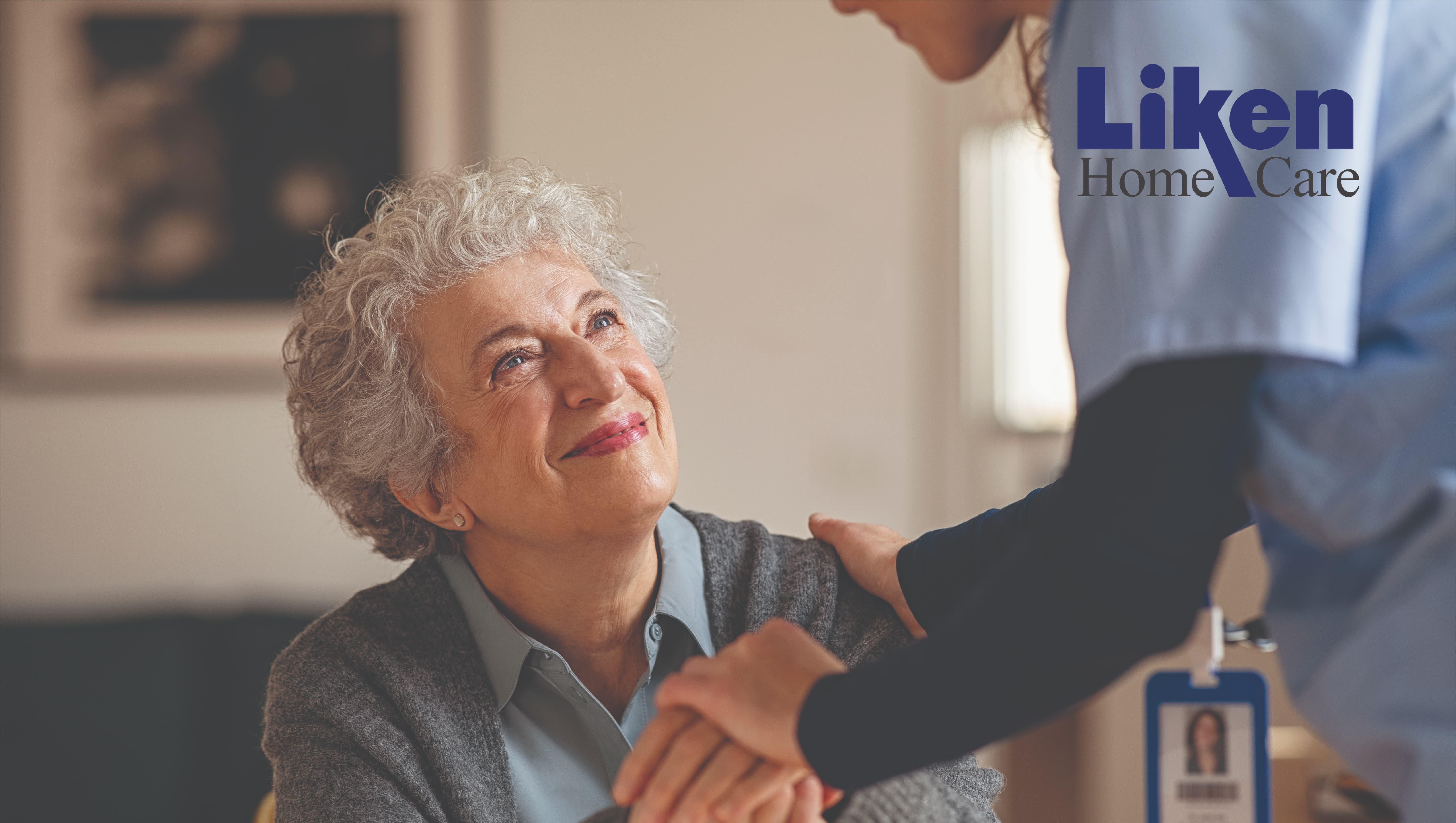Managing Alzheimer's Disease at Home: A Caregiver's Guide

Caring for a loved one with Alzheimer's disease can be a daunting task. The disease progressively robs patients of their memories, their ability to communicate, and eventually their ability to care for themselves. As the disease progresses, caregivers must take on more and more responsibility.
It is important for caregivers to arm themselves with as much information as possible about the disease and its progression. This will help you to better understand what your loved one is going through and how best to care for them. Additionally, it is important to build a support network of other caregivers, medical professionals, and community resources. Liken Home Care has been assisting people with home care for over 40 years and is your best resource.
What is Alzheimer's Disease?
Alzheimer's disease is a progressive brain disorder that slowly destroys a person's memories, cognitive abilities, and eventually their ability to function independently. The disease typically affects older adults, but in rare cases can occur in middle-aged adults.
There is no one cause of Alzheimer's disease; rather, it is believed to be caused by a combination of genetic, lifestyle, and environmental factors. Unfortunately, there is no cure for Alzheimer's disease; however, there are treatments available that can slow down the progression of the disease and improve the quality of life for both the patient and the caregiver.
Symptoms of Alzheimer's Disease
Alzheimer's disease progresses slowly over the course of several years. In the early stages of the disease, patients may experience mild memory loss or confusion. As the disease progresses, symptoms become more severe and include problems with communication, difficulty completing everyday tasks, delusions, paranoia, aggression, and mood swings. Ultimately, patients will lose the ability to care for themselves and will become totally reliant on caregivers.
Caring for a Loved One with Alzheimer's Disease
As Alzheimer's disease progresses, caregivers must take on more responsibility. In the early stages of the disease, patients may still be able to live relatively independently with some assistance from caregivers. However, as the disease progresses they will require more constant supervision and assistance with activities of daily living such as eating, bathing, dressing, and using the restroom. Ultimately, patients will require around-the-clock care as they lose the ability to walk or even sit up unaided.
Conclusion
Caring for a loved one with Alzheimer's disease is a challenging but rewarding task. By arming yourself with information about the disease and its progression, building a supportive network of family and friends, and taking time for yourself each day, you can be sure that you are doing everything possible to make your loved one comfortable while also taking care of yourself.
Contact Liken Home Care today to learn more and see how our services can help.
